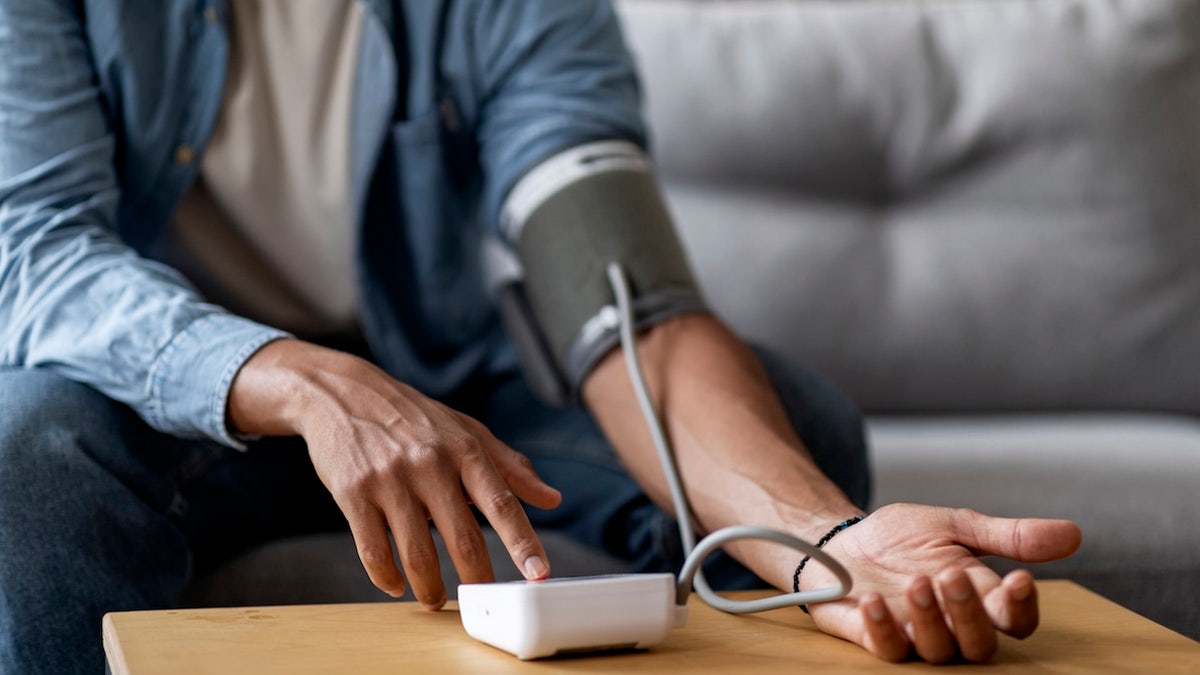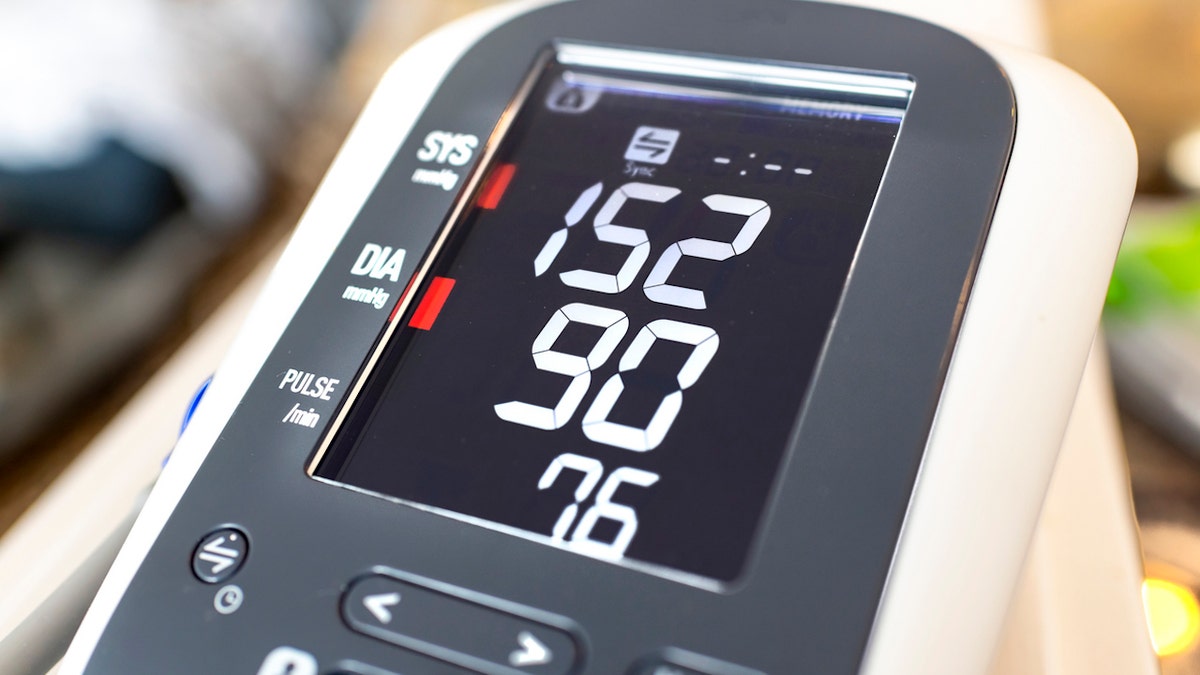Maintaining accurate blood pressure readings is crucial for monitoring heart health, but several common errors can lead to inaccurate results and potentially misinformed health decisions. Cardiologist Dr. Bradley Serwer, chief medical officer at VitalSolution, highlights some frequent mistakes people make when checking their blood pressure at home.

Positioning your arm correctly is vital for precise readings. Resting your arm on your lap or letting it hang by your side can artificially inflate the systolic pressure. For optimal accuracy, support your arm on a flat surface, such as a desk, ensuring it's level with your heart.
Your posture also plays a role. Sit upright with your feet flat on the floor and avoid crossing your legs. This, combined with proper arm positioning, contributes to reliable measurements.

Using the correct cuff size is essential. A cuff that's too big or too small will yield inaccurate results. Arm cuffs are generally preferred for their accuracy and simplicity compared to wrist cuffs.
Regular calibration of your blood pressure monitor is important. Dr. Serwer recommends bringing your home cuff to your doctor's office to compare its readings with a manual measurement, ensuring its accuracy.
Before taking your blood pressure, relax in a calm environment for five minutes to allow your body to stabilize. Avoid stimulants like caffeine, which can temporarily elevate blood pressure readings.
Consistency in timing is key for tracking trends. Check your blood pressure at the same time each day and take two readings, spaced at least one minute apart. Record these measurements in a log to monitor changes over time.

If your average reading consistently exceeds 130/80, consult your doctor, as this indicates stage I hypertension. Readings above 180/100, or if accompanied by chest pain, shortness of breath, or a severe headache, warrant immediate medical attention. Early intervention is crucial to prevent serious complications like heart attack, stroke, and kidney failure. Even without symptoms, managing hypertension is essential for long-term health.

Lifestyle modifications, such as a healthy diet, regular exercise, and weight management, often help control blood pressure. If these changes aren't sufficient, your doctor can recommend appropriate medication.
Comments(0)
Top Comments